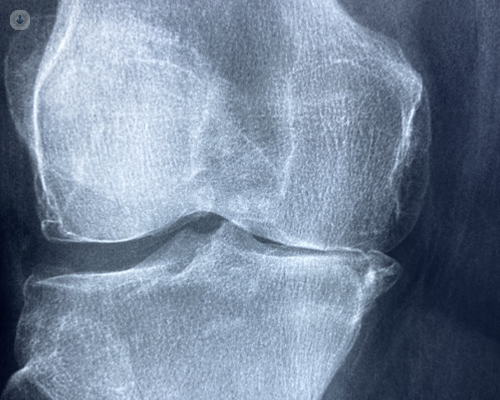How successful is knee surgery for arthritis?
Escrito por:Knee surgery, particularly knee replacement surgery, is often considered a highly effective treatment for arthritis, especially for individuals who have not found relief through non-surgical treatments like medication, physiotherapy, or lifestyle changes. The surgery is primarily aimed at reducing pain, restoring mobility, and improving quality of life for patients with severe arthritis in the knee.

What types of knee surgery are available for arthritis?
The most common surgical options for treating knee arthritis include:
- Total knee replacement (TKR): This involves removing the damaged parts of the knee joint and replacing them with artificial components (prostheses). TKR is the most common and widely successful surgery for advanced arthritis.
- Partial knee replacement: In cases where arthritis is confined to one part of the knee, a partial knee replacement may be performed, which spares the undamaged parts of the joint.
- Arthroscopy: This is a minimally invasive procedure that can be used to clean out the joint, remove loose cartilage, or smooth rough surfaces. It's typically used for mild to moderate arthritis.
How effective is knee surgery for arthritis?
Knee replacement surgery, particularly total knee replacement, has a high success rate. Around 90-95 per cent of patients experience significant improvement in pain relief, mobility and overall function. Many individuals regain the ability to perform everyday activities, such as walking, climbing stairs and engaging in low-impact sports.
Success rates can vary depending on several factors, including:
- Severity of arthritis: Patients with severe arthritis who undergo knee replacement often report the greatest improvement in symptoms.
- Patient's age and general health: Younger patients and those in good overall health may experience faster recovery times and better long-term outcomes.
- Post-operative care: Rehabilitation and physiotherapy are critical components of recovery. Patients who actively participate in physiotherapy and follow post-surgery guidelines often have better outcomes.
What are the potential risks and complications?
While knee surgery is generally safe and effective, like any surgical procedure, it carries certain risks. Potential complications can include:
- Infection
- Blood clots
- Implant loosening or wear
- Continued pain or stiffness
- Damage to blood vessels or nerves
However, these complications are relatively rare, and most patients experience a smooth recovery with appropriate care.
How long does a knee replacement last?
On average, a total knee replacement can last 15-20 years or longer, depending on the patient's age, activity level and how well the joint is cared for post-surgery. Some newer materials used in knee prostheses may extend the lifespan of the implant even further.
Is knee surgery for arthritis worth it?
For individuals with severe, debilitating knee arthritis, surgery can significantly improve their quality of life. Most patients report a marked reduction in pain, increased mobility and the ability to return to daily activities. However, as with any major surgery, it’s essential to weigh the potential benefits against the risks, and it is recommended to consult a specialist to assess whether knee surgery is the best option based on individual circumstances.


